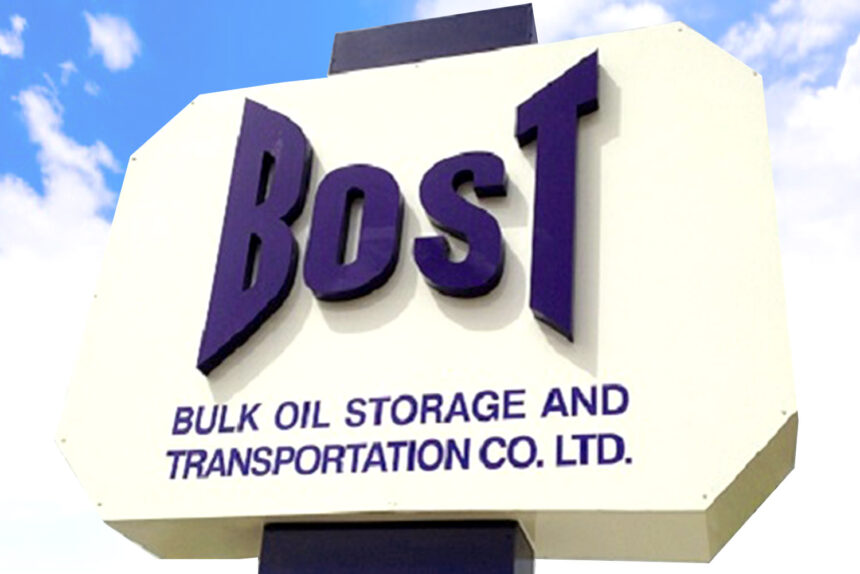When a state-owned company bars the press from its Annual General Meeting (AGM), it raises serious concerns about transparency. That is exactly what happened with the Bulk Energy Storage and Transportation Company Limited, now rebranded as BEST, which refused to allow media personnel into this year’s AGM.
The decision has fueled speculation that the blackout was meant to shield the current leadership, under Managing Director Mr Afetsi Awoonor, from comparisons with the outstanding record of his predecessor, Dr Edwin Alfred Nii Obodai Provencal.
A Record Year Under Previous Management
The financial results for 2024, achieved under Dr Provencal’s stewardship, remain some of the strongest in the company’s history. Official documents confirm that profit after tax shot up to GHS 398 million, almost double the GHS 208 million recorded in 2023.
Revenue rose from GHS 1.18 billion to GHS 1.33 billion, while operational efficiency improved remarkably. The net profit margin jumped from 17.7 percent to nearly 30 percent. Return on Assets improved from 9.2 percent to 15 percent, reflecting better deployment of resources. Shareholders’ equity more than doubled, from GHS 277 million to GHS 677 million, signaling stronger financial stability.
Return on Equity fell slightly from 75 percent to 58.8 percent, but this was due to a stronger capital base rather than weaker performance. Earnings per Share nearly doubled, climbing from GHS 208.01 to GHS 398.40.
These figures told a clear story: under Dr Provencal, BEST had moved from years of turbulence into a period of record profitability.
Why Shut the Media Out?
It is against this backdrop that the current management, led by Mr Awoonor, barred journalists from covering this year’s AGM. The very meeting where the 2024 results were to be tabled was kept away from public scrutiny.
If BEST is performing strongly under the new management, why not make the numbers public? And if performance has slowed, why not be honest with Ghanaians? By shutting out the media, the leadership has only fueled suspicion that the results of 2025 do not measure up to the record set by the immediate past regime.
Policy Support and Shifting Priorities
The achievements in 2024 were linked closely to the Gold-for-Oil programme, a government initiative that allowed BEST to exchange gold for fuel imports. This eased pressure on the cedi, stabilized fuel prices, and guaranteed supply. Importantly, the programme received full backing from the Ministry of Energy at the time, which was instrumental in its success.
Industry voices now question whether the same level of support exists for the current leadership. Some suggest policy attention is drifting toward private sector players rather than the state company, a shift that could explain any dip in BEST’s performance.
Ghanaians Deserve Clarity
BEST is not a private enterprise. It is a state-owned company, funded by public resources, and at the center of Ghana’s energy security. The people therefore deserve to know:
How much profit has the company made so far under Mr Awoonor?
Has revenue surpassed the GHS 1.33 billion recorded under Dr Provencal?
Is the company still the reliable petroleum logistics backbone it was becoming, or has it weakened under new management?
Until these questions are answered, the decision to keep the AGM closed will continue to be seen as more than an internal choice. It will be interpreted as an attempt to conceal the company’s current financial health from the very people who own it: the citizens of Ghana.




